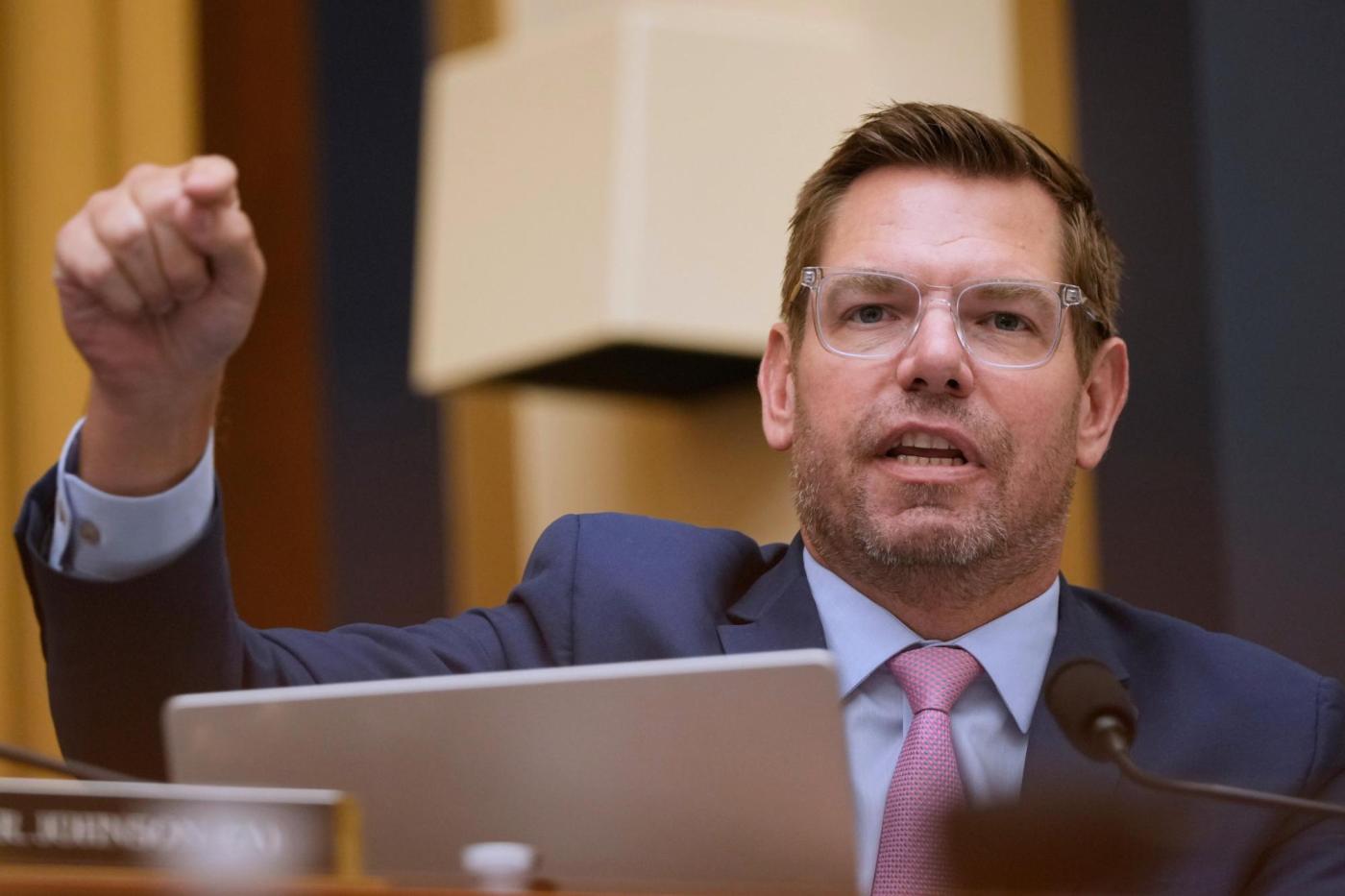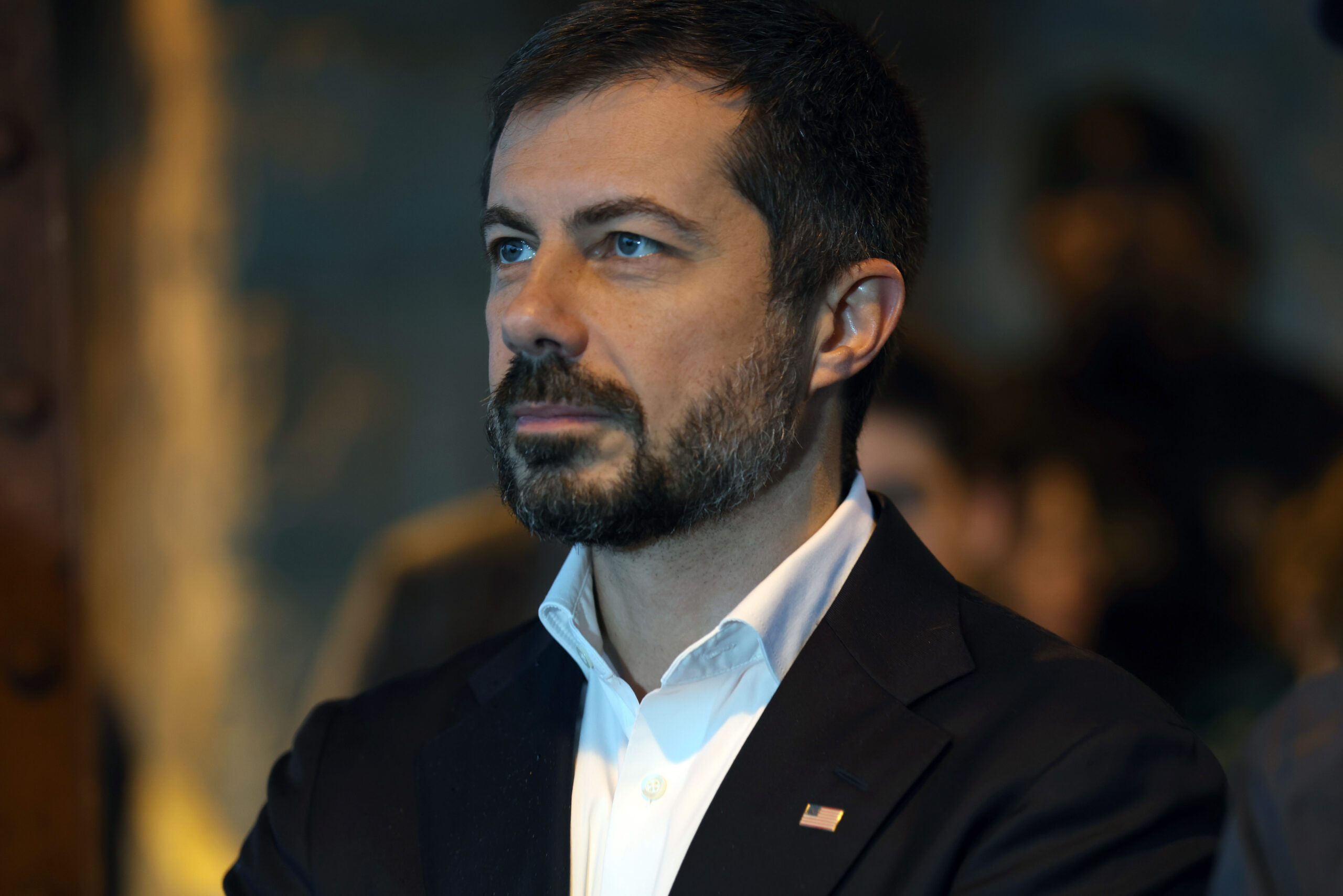Congressman Eric Swalwell has sparked debate with his recent proposal to allow voting by phone, suggesting it as a solution to enhance democratic participation. During an appearance on CNN’s program The Story Is with Elex Michaelson, Swalwell stated, “I want us to be able to vote by phone.” He argued that if citizens can manage tasks like banking and healthcare appointments online, they should similarly be able to cast their votes via mobile devices.
Critics of Swalwell’s proposal argue that it distracts from pressing issues facing California, such as the high cost of living, housing shortages, homelessness, and education. The state already provides multiple avenues for voting, including in-person locations and mail-in ballots sent directly to voters’ homes. For many, the existing process is accessible, with minor requirements such as possessing a pen or knowing how to return the ballot by mail.
Swalwell’s comments reflect a broader trend among some California lawmakers who emphasize the state’s role as a leader in progressive policies. He expressed a desire for California to exceed the voting access standards of states like Georgia and Alabama, stating, “I want us to max out democracy.” However, critics contend that such statements often lack concrete meaning and may lead to impractical proposals like compulsory voting or alternative voting methods that could complicate the process further.
The feasibility of voting by phone raises significant concerns, particularly given California’s struggles with technology in other areas. The state’s efforts to implement a comprehensive accounting system have faced persistent issues, and projects like the high-speed rail initiative have been marred by delays and budget overruns. Additionally, the California Secretary of State’s office has encountered challenges updating its campaign finance disclosure portal since 2016, highlighting ongoing difficulties with even basic technological upgrades.
Opponents of phone voting suggest that it presents unnecessary challenges and costs to a system that already provides universal access. They argue that the focus should instead be on addressing real issues that dissuade voter participation, such as the perception that voting is not a priority. Many Californians who choose not to vote do so for reasons unrelated to accessibility, indicating a need for political leaders to inspire engagement through tangible solutions rather than hypothetical improvements.
In conclusion, Swalwell’s phone voting proposal has ignited a discussion about the effectiveness of current voting systems and the real barriers to participation. Critics urge California’s politicians to shift their focus from “imaginary problems” to the actual challenges residents face. For Swalwell, the path forward may lie in addressing these pressing issues rather than proposing solutions that some view as unnecessary distractions.







